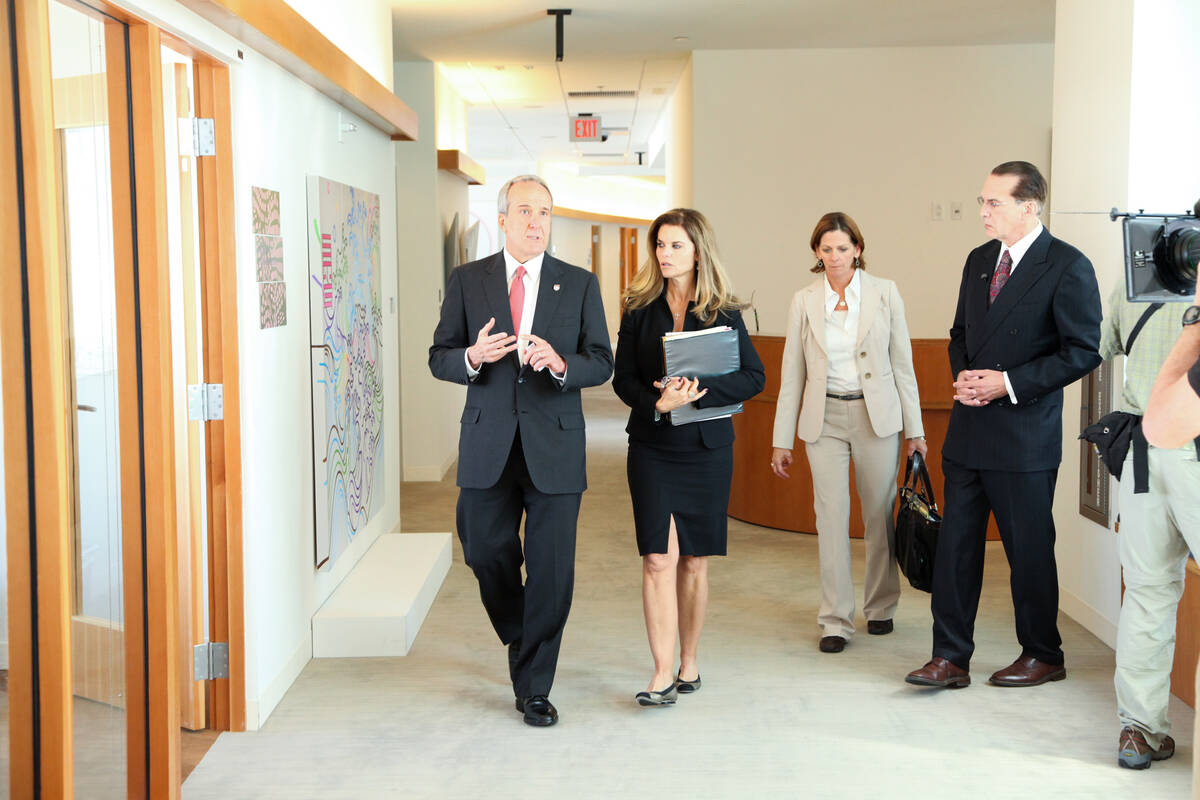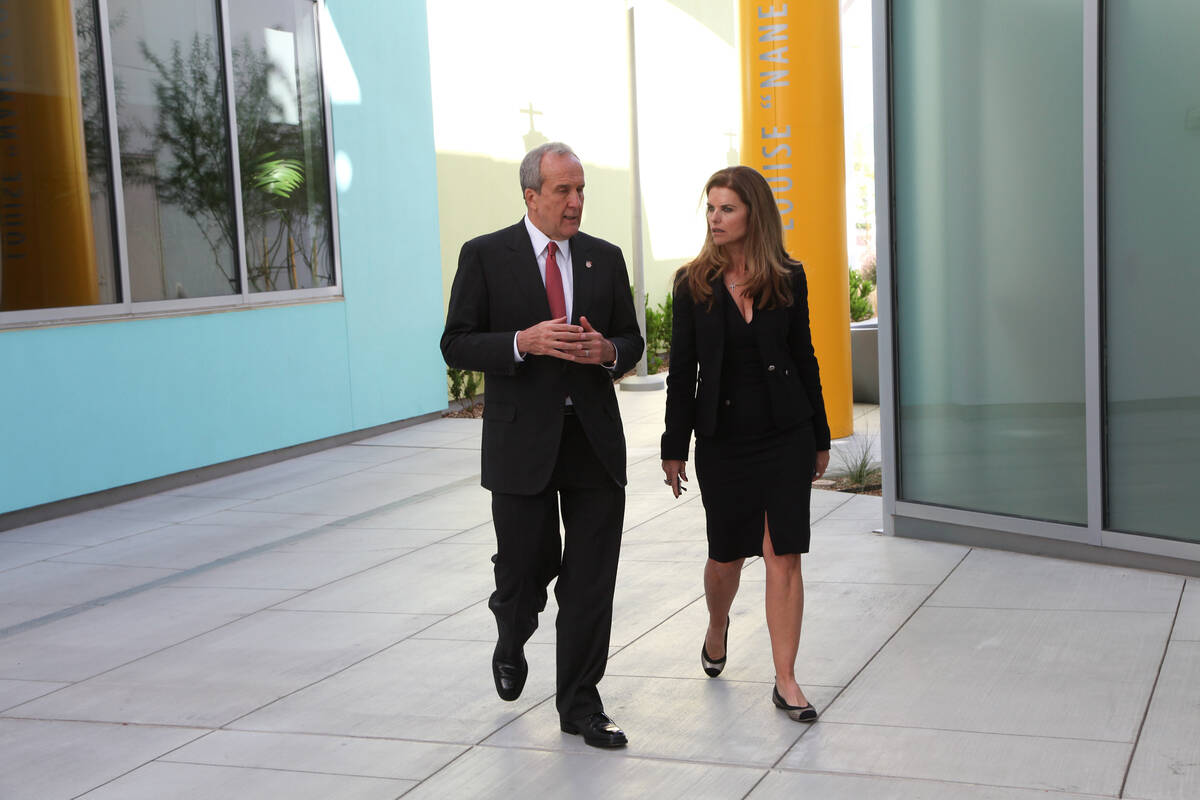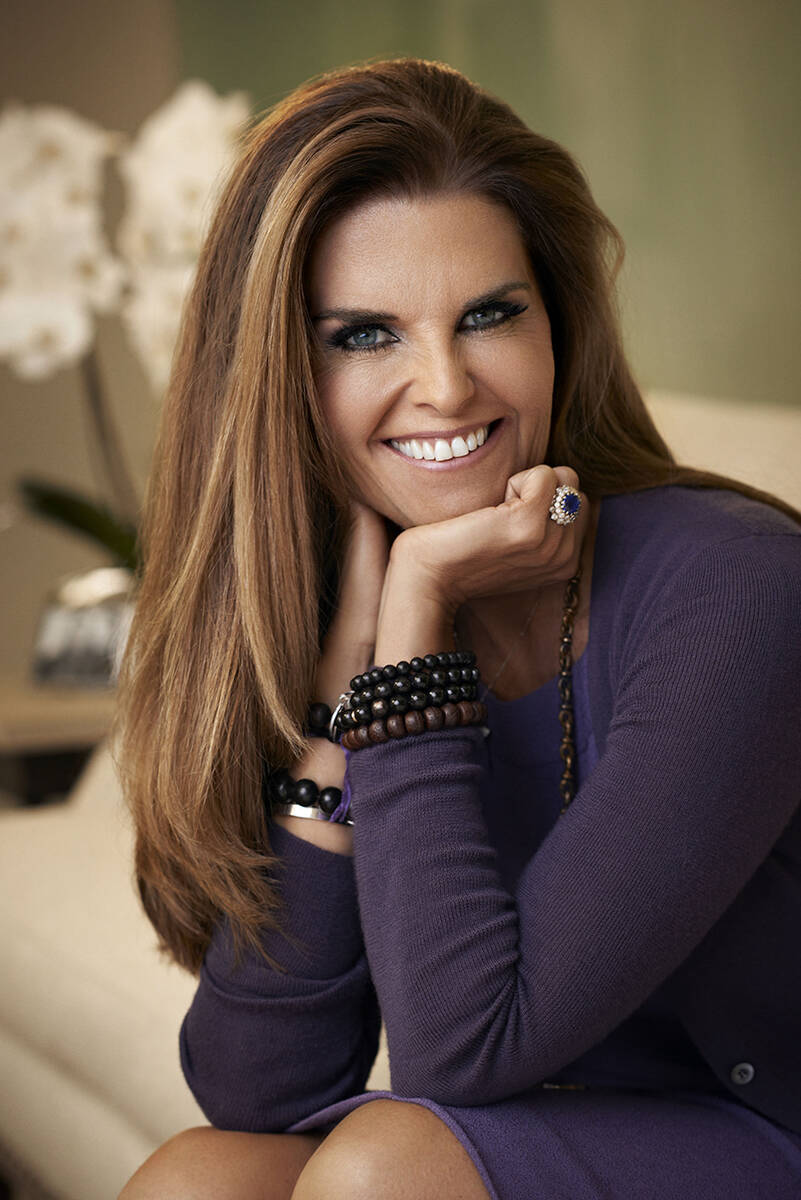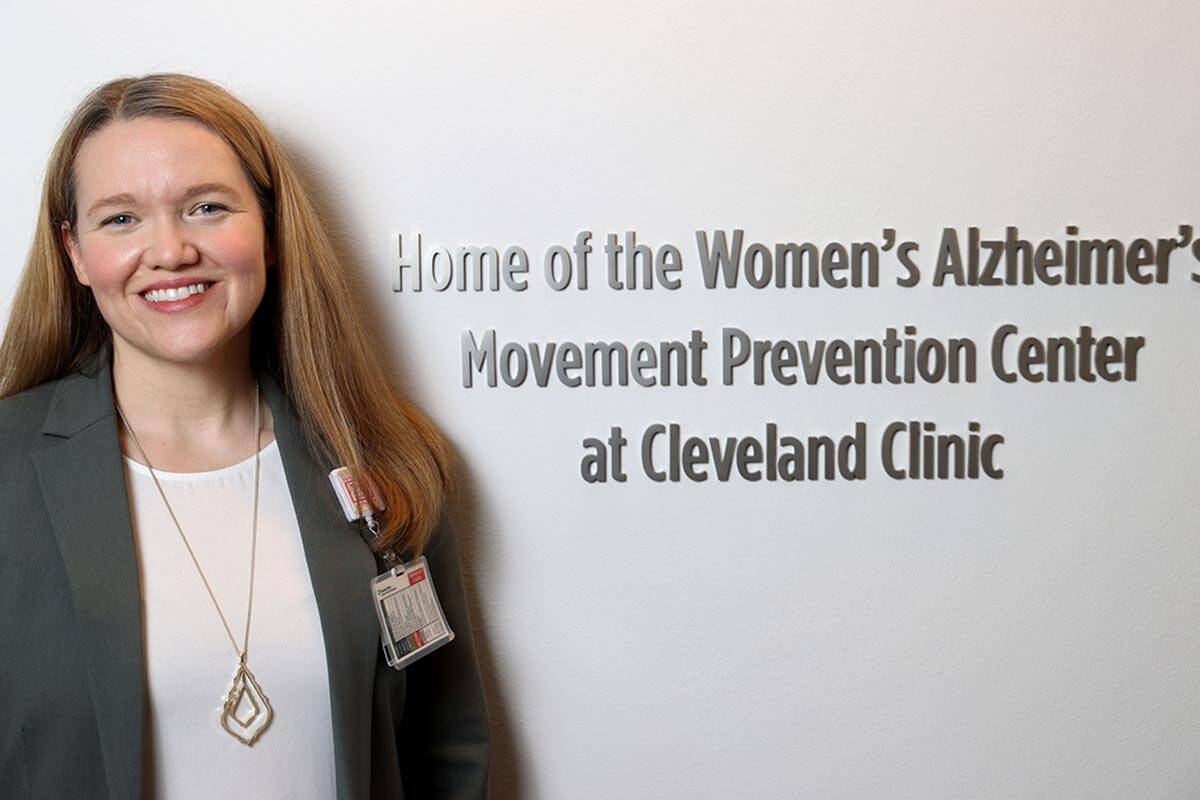Maria Shriver joins with Cleveland Clinic to combat neurological disease in women
Maria Shriver, a longtime advocate for Alzheimer’s disease research, has joined forces with the Cleveland Clinic to advance research into — and prevention of — neurological diseases in women.
The focus on women’s brain health reflects that two out of three cases of Alzheimer’s are in women, and that women also are disproportionately affected by other neurological diseases, said Shriver, a broadcast journalist and author.
Her nonprofit Women’s Alzheimer’s Movement has joined with the Cleveland Clinic academic medical center to “put a stake in the ground that says we’re the best place in the world for it, and to also let women know that this will be a place that prioritizes their health and their aging process,” Shriver said in an interview on Tuesday.
Shriver’s nonprofit will come under the umbrella of the Cleveland Clinic to launch the initiative, which is set to be formally announced on Thursday. In 2020, Shriver partnered with the health system to pilot an Alzheimer’s prevention center just for women at the Cleveland Clinic Lou Ruvo Center for Brain Health in Las Vegas.
Researchers are homing in on why women are more affected by Alzheimer’s and other neurological disorders by examining the role played by hormones and other factors, said Jessica Caldwell, a neuropsychologist and director of the women’s prevention center. Through research, scientists hope to find ways to stave off devastating neurological diseases such as Parkinson’s and multiple sclerosis as well as Alzheimer’s.
The new initiative will combine the nonprofit’s “extensive educational, advocacy and fundraising experience around women’s risk for Alzheimer’s disease and prevention with (Cleveland Clinic’s) vast medical expertise and robust research network,” according to a news release.
One in two women will be diagnosed with a neurological disorder in her lifetime, the release states.
‘Something not to fear’
Las Vegas businessman and philanthropist Larry Ruvo said he and Shriver became friends more than 25 years ago, bonding over their shared experience of each having a father with Alzheimer’s. This experience took them down both separate and joint paths of combating the disease.
Ruvo is the co-founder of Keep Memory Alive, the fundraising arm of the brain center named after his father.
Shriver, a member of the Kennedy family who was first lady of California when her then-husband Arnold Schwarzenegger was governor, has written books and produced an Emmy-winning documentary about the disease.
Ruvo said the phones at the Ruvo Center rang off the hook for days after the June 2020 announcement about the women’s prevention center, with calls from people eager to make an appointment.
The women’s center assesses a patient’s individual risk factors for Alzheimer’s, evaluating her diet, exercise, stress levels, sleep, mood and general health. Changes in the brain begin two decades before a person develops symptoms of Alzheimer’s, which is why the center targets women as young as 30 up to those in their 60s.
Caldwell said that in the year and half since its launch, the women’s center has assisted 175 patients and is on track for its three-year goal of 380 patients. There currently is a waiting list of more than 150 patients.
One of the primary goals of the initiative is to see how the model of the women’s center might be scaled in a way that would allow more women to get these services, she said.
“Over the next year, one of my big focuses will be looking at ways that we can bring the concept of prevention into potentially other systems, incorporated with other types of care or provided in ways that aren’t quite as costly as what we’re doing here,” Caldwell said.
The women’s center is a pilot project that has secured funding for four years. It relies heavily on philanthropy; insurance does not reimburse for the preventive services it provides.
Shriver sees a different future. She envisions a day when brain health will become a regular part of health care, when both men and women of all backgrounds “will be able to go to the doctor and get answers in a way that my generation didn’t.”
They may get a drug cocktail or lifestyle advice that will “make growing older something not to fear … that will enable them to live a life that’s not only long but healthy, with their mind and their body intact,” she said.
“And that was not available to my father’s generation. And it’s not available to my generation, but it will be to (our) children’s generation,” said Shriver, who is 66.
Doctors will be “able to put you on a path that will keep your brain functioning at its best,” she said. “That’s my hope, that’s my dream, and that’s my certainty.”
Family inspiration
As the mother of four children including two daughters, and after recently becoming a grandmother to a baby girl, Shriver acknowledged having a family incentive for advancing women’s brain health.
She said she also has been inspired by the work of her parents, Eunice Kennedy Shriver, founder of the Special Olympics, and Sargent Shriver, the architect of the Johnson administration’s “War on Poverty.”
When asked how she would celebrate the announcement of the initiative on Thursday, Shriver, a practicing Catholic, paused for a moment before saying she would go to church to talk with her deceased parents.
“In some way, I hope my work honors my parents,” she said.
Contact Mary Hynes at mhynes@reviewjournal.com or 702-383-0336. Follow @MaryHynes1 on Twitter.


























